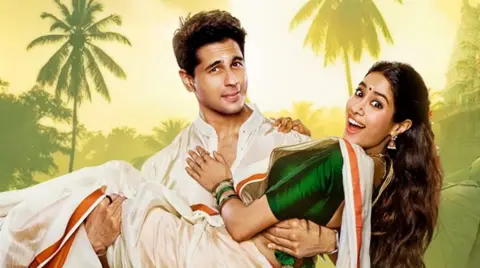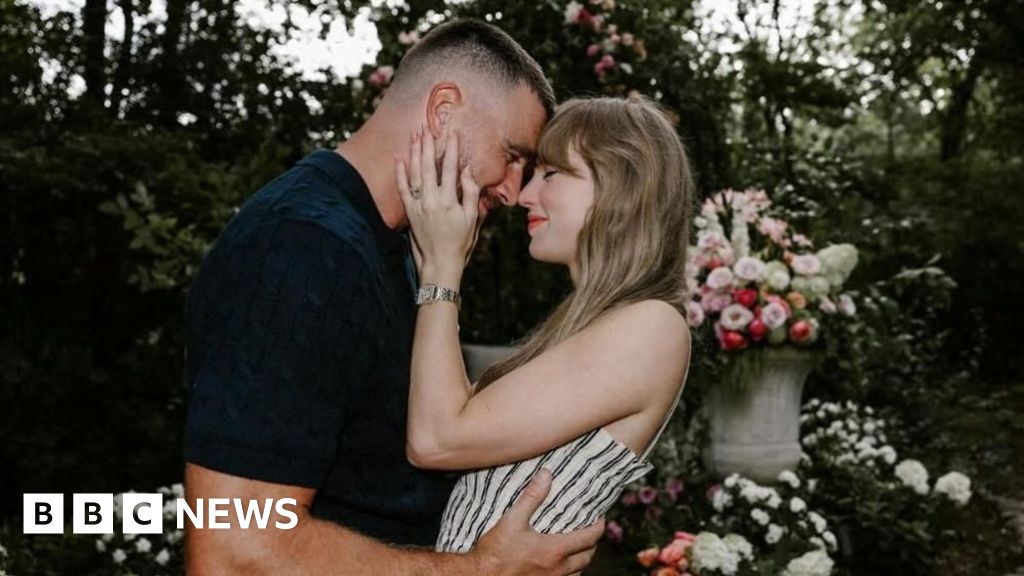Committed fans of Love Island USA, particularly in Nigeria, are gearing up for an eagerly anticipated reunion six weeks after the finale in Fiji. The show, an American adaptation of the iconic British format, has captured the hearts of many Nigerians, with excitement often bubbling over into social media chaos and debates about identity. As Ashimi Olamiposi, a 20-year-old Nigerian student, puts it, "Nigerians love drama. We love 'wahala'." This love for on-screen theatrics, however, has sparked off-screen controversies, where some viewers have faced accusations of toxicity and attempts to sway public votes.
Nigerian fans have expressed their dedication in astonishing ways, including forming WhatsApp groups to strategize how to influence the outcomes of voting—an act that has led to some being labeled as trying to meddle with the show's fairness. The latest winners, Amaya Espinal and Bryan Arenales, managed to find love and victory in Fiji, further fueling viewer engagement in Nigeria.
The fervor for Love Island USA stems from Nigeria's rich storytelling tradition, linking it to larger strands of culture like Nollywood. "Reality TV is a significant part of our entertainment landscape," notes Donald Clarke, a television producer in London. "Nigerians watch with passion, and social media amplifies those conversations." Sociologist Dr. Wendy Osefo links this enthusiasm to Nigeria’s past political struggles, suggesting that fans relate their political experiences to the dramatic arcs seen in reality television.
While the Nigerian engagement offers vibrant discourse, it has also revealed rifts between Nigerian and American fans, often confronting each other over differing perspectives, particularly in discussions about race and identity. Olamiposi’s experiences illustrate this divide; supporting Arab-islander Huda Mustafa led to backlash from certain factions, emphasizing the complex dynamics of race and identity within the fanbase.
As social media channels like X explode with comments and reactions—including some calls to ban Nigerians from the show altogether—Nigerian fans persist, channeling their spirited dialogue into online interactions and lively viewing parties for key episodes. This engaging culture around reality TV in Nigeria isn't likely to dwindle as the Love Island USA reunion approaches, with fans ready to immerse themselves in more dramatised "wahala".
In essence, the intersection of cultural claims and passionate fandom showcases the strongholds that reality television maintains within Nigerian society, mirroring deeper societal narratives. As Olamiposi declares, "I want everybody to ‘stand on business’, '10 toes down’," reflecting the determination of many Nigerian viewers as they prepare for the reunion episode, fully ready to embrace the "wahala".





















